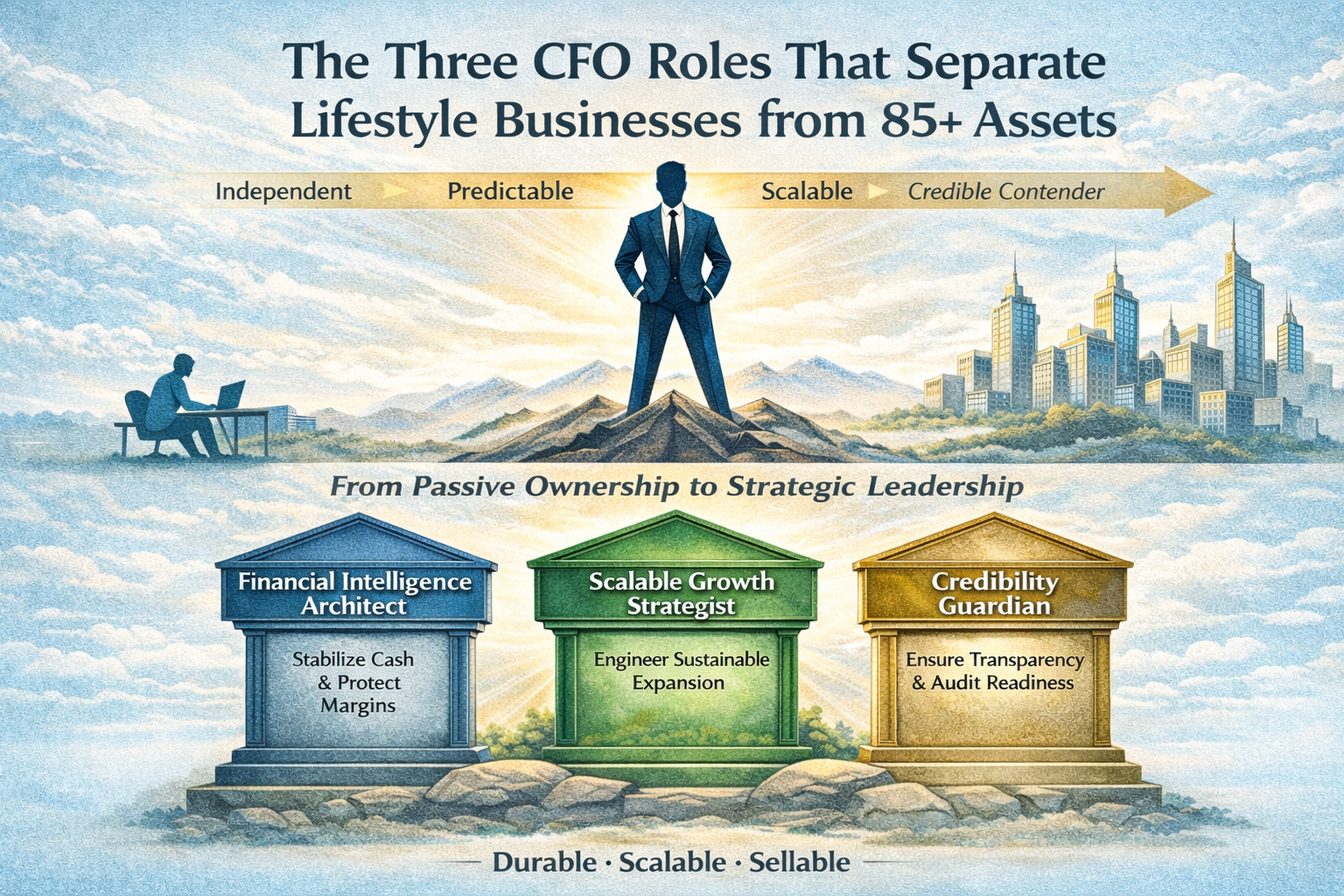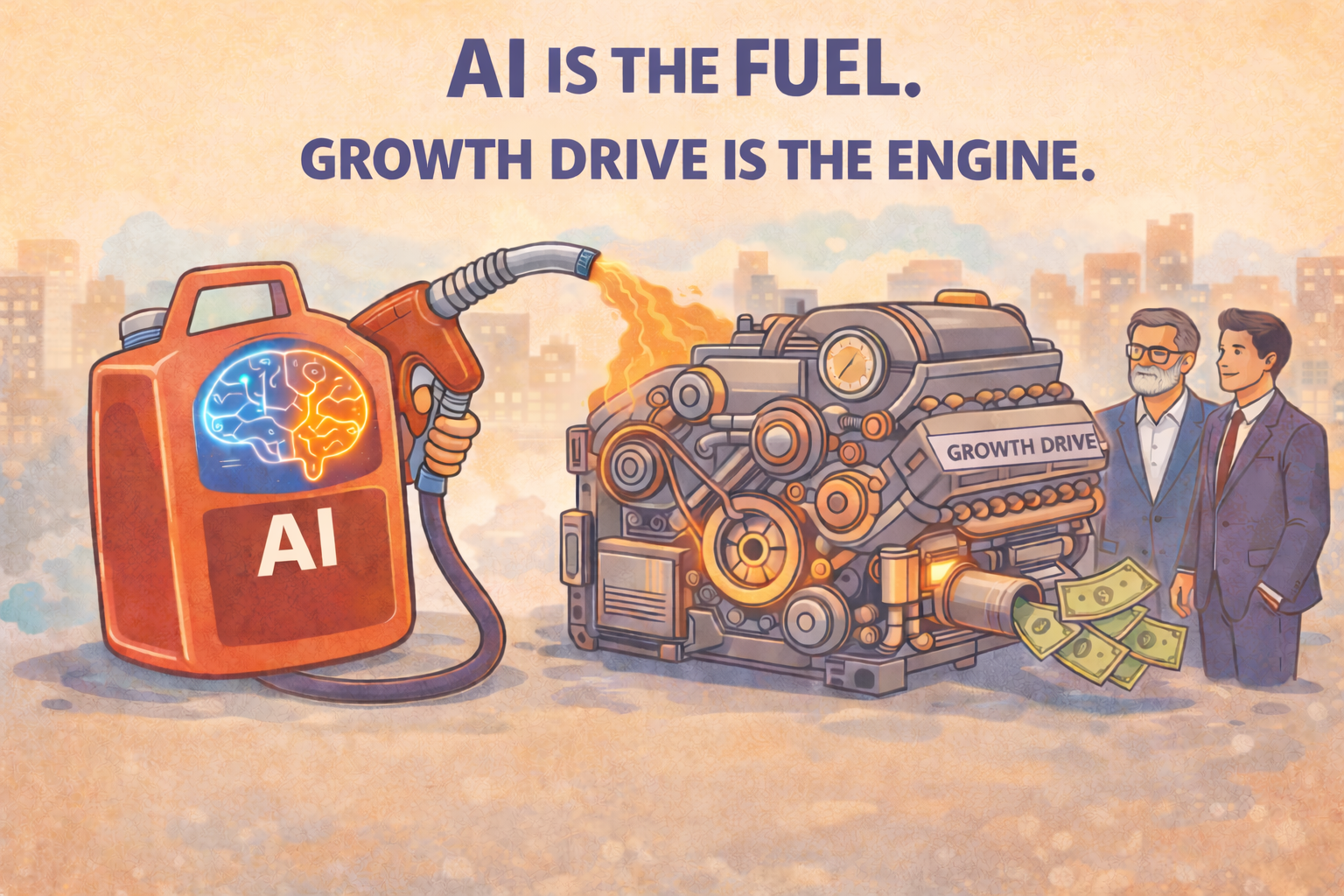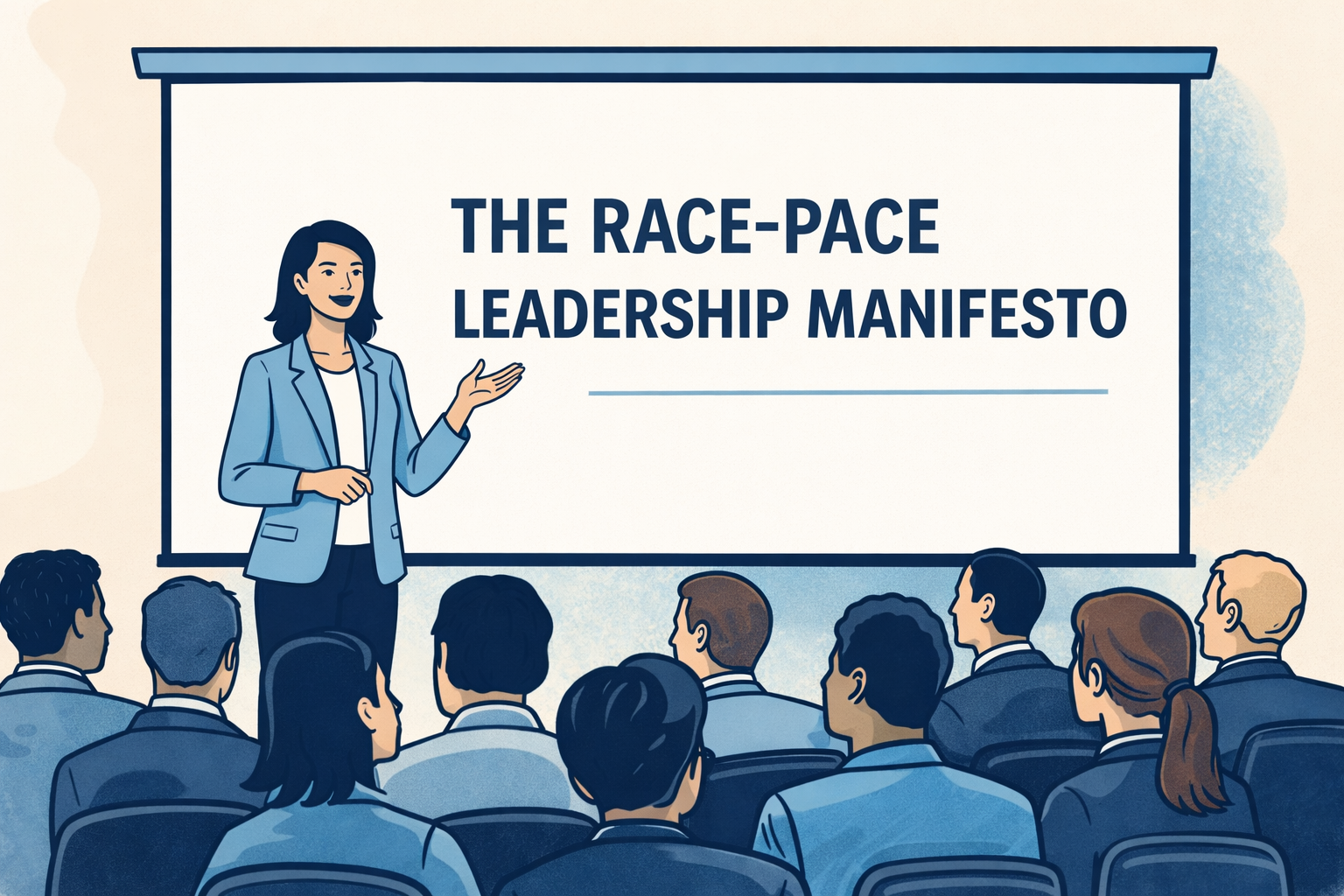The Three CFO Roles That Separate Lifestyle Businesses from 85+ Assets
Private capital markets do not buy history.They buy confidence. The 85+ Strategic Capacity Asset Class represents businesses that operate at...
3 min read
George Sandmann, Founder
:
Oct 16, 2025 11:32:09 AM
A few days ago, a colleague excitedly told me about a service provider who calculates business value using three years of tax returns. My response?
Who cares.
And I don’t say that flippantly.
First who cares: Because a tax-return-based valuation is a discounted cash flow (DCF) calculation, likely built on earnings before interest, taxes, depreciation, and amortization—EBITDA—that hasn’t been normalized. In fact, there’s a good chance the business is still on a cash basis, not accrual. So what you get is a backward-looking number dressed up as insight. The DCF Emperor, as Harvard points out, has no clothes.
Second who cares: Because when it comes time to sell, that DCF goes into a folder. But in the Private Capital Market, buyers rely on market comps, not just math. Private equity firms—who represent the most likely acquirer for most growth-stage companies—run their own models. What they truly buy into is confidence: confidence in a business’s capacity to generate future value.
And here’s where the conversation shifts from calculation to client experience.
Let’s walk through it.

Picture this: a business owner hands over three years of financials. Then waits. A week. Two weeks. Maybe longer. Finally, an advisor returns with a single number—"your value." That’s it.
But imagine something different. You sit down with a client. They share just two numbers—gross revenue and net income—and respond to relevant, intuitive questions about their business. Within minutes, they receive three numbers, not one. And more importantly, they receive a Strategic Capacity Score—an insight into their business’s ability to predictably and sustainably grow free cash flow (not that we’d ever say "free cash flow" in front of the client—we keep the jargon in the boardroom, not the conference room).
Here’s what happens next.
The business owner hears themselves acknowledge that they are not best-in-class in 4, 12, or even 18 of the 24 growth-driving objectives across the three dimensions of business growth. And so it’s no surprise that their calculated business value reflects that reality.
The first valuation shows what the business would be worth if it had high Strategic Capacity—if it had proven it could predictably and sustainably grow. That’s often the LOI number a buyer puts on the table.
But then due diligence begins. And due diligence is no friendly chat. It’s an adversarial audit. The buyer combs through every detail to uncover risk—any factor that threatens future profit or growth. And they use those risks to negotiate price down.
So let me ask you—which number does your client care about? The fantasy? Or the reality?
At Growth-Drive, we’re not in the business of making pie-in-the-sky promises. We’re here to help business owners build wealth and legacy, and to help advisors drive that transformation.
So when I say "Who cares?"—I mean, we do.
We care because we know that a DCF number based on tax returns does nothing to help an owner make their business easier to run, grow a bigger piggy bank, or prepare for a successful transaction. OBTW, our technology also quickly and precisely generates two DCF calculations of value to support internal transfers - but that doesn’t change a thing. Strategic capacity is actionable; DCF is not. Increasing strategic capacity allows clients to run a self-directed private equity play on their own business with their own cash. Can a DCF report do that? Nope.
We care because Strategic Capacity isn’t just a diagnostic—it’s a roadmap. It doesn’t just help you win engagements. It helps your clients win the future.
We care because our vision is clear: to help $1 trillion of private and middle-market businesses increase strategic capacity across all three dimensions of business growth, so they can serve shareholders, stakeholders, and communities.
And we care because businesses that build high Strategic Capacity need advisors who can guide them. That’s where you come in.
Whether you’re a business advisor, CPA, wealth manager, M&A advisor, or attorney, you hold the keys to being your client’s co-driver—guiding them to grow value, not just count it. Strategic Capacity drives growth. Strategic Capacity drives value. And strategic advisors—like you—drive both.
So yes, I said it. And I’ll say it again:
Who cares about that other number?
Not us.
Because we know better—and we help you do better.
Your success matters. We’re here to help.
Call anytime.
—George Sandmann, Author and Inventor. President & CEO, Growth-Drive.

Private capital markets do not buy history.They buy confidence. The 85+ Strategic Capacity Asset Class represents businesses that operate at...

Always reading. This week I’ve been thinking about Musk’s musings about Ai exploding productivity. We are already seeing it - our CLAIRE Ai™ can...

Tim Cook had a rule at Apple: Three sentences. Every meeting. “Before any discussion begins, the meeting opener must state three specific points to...